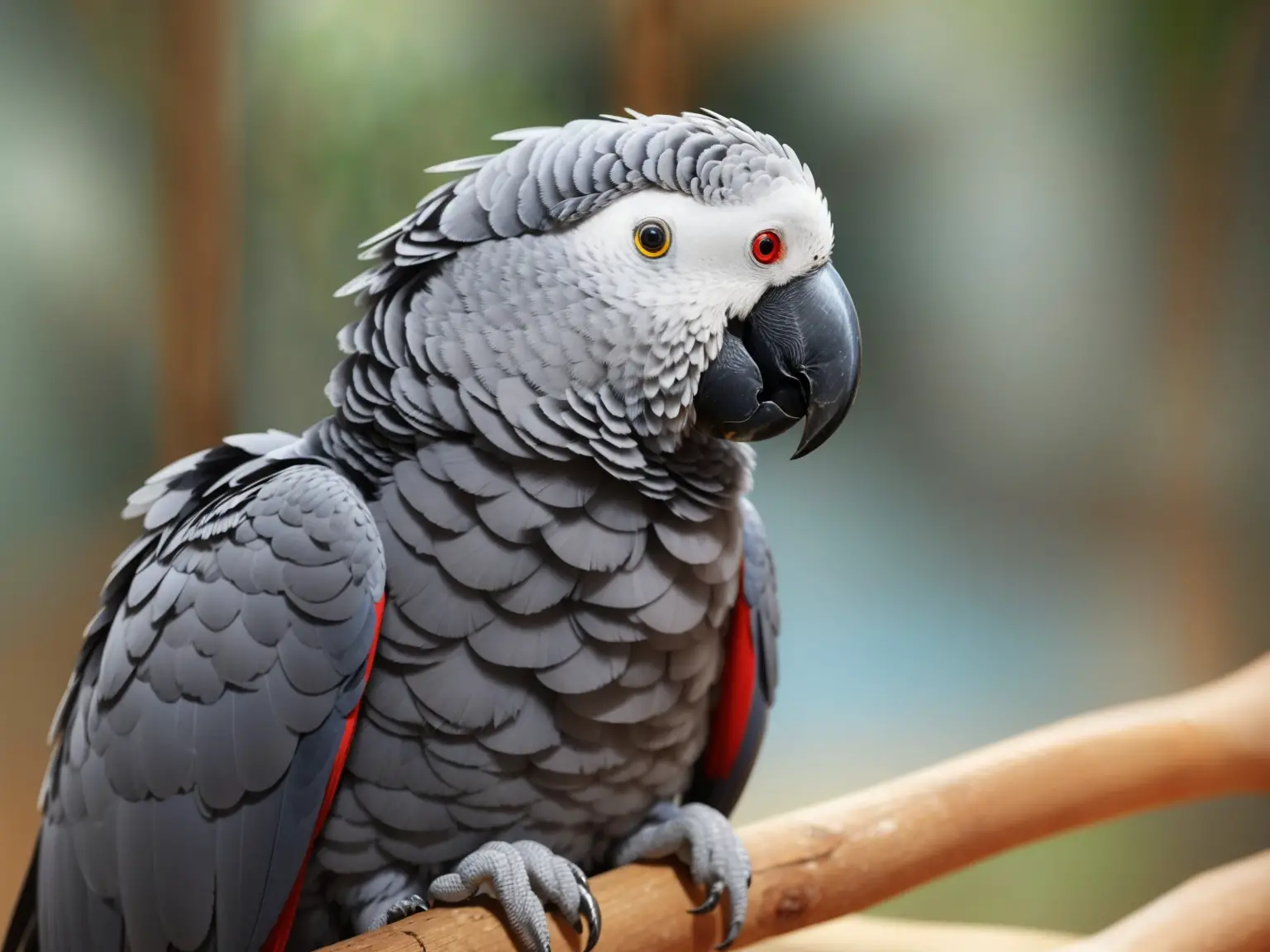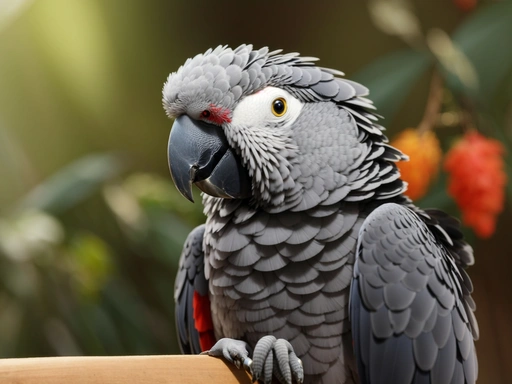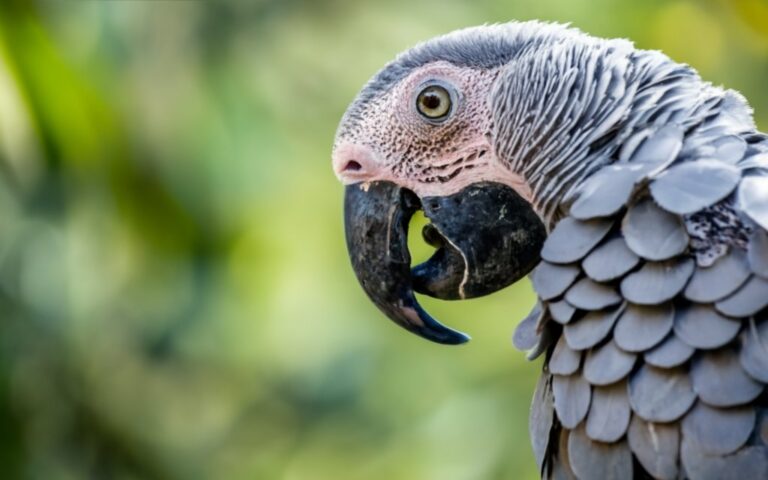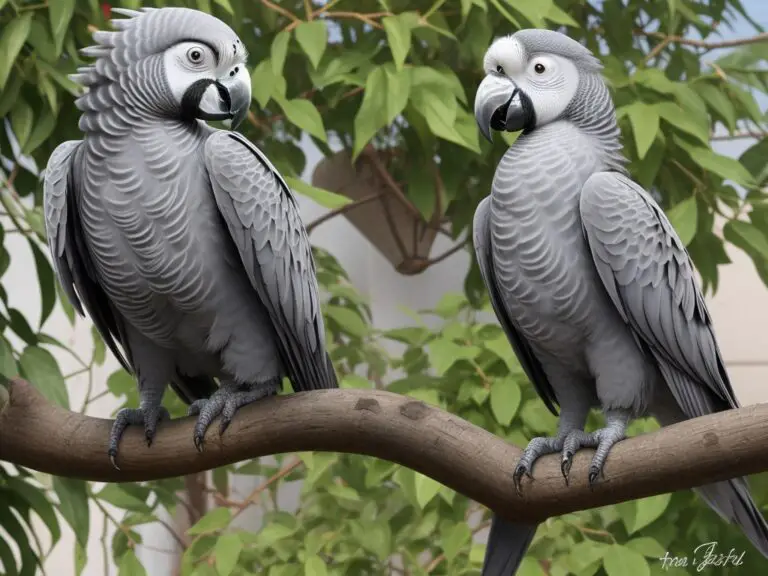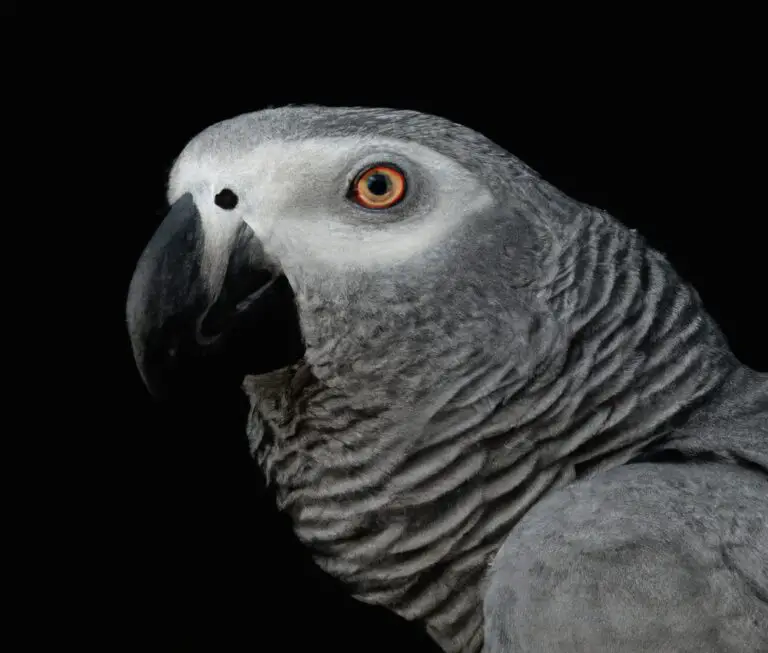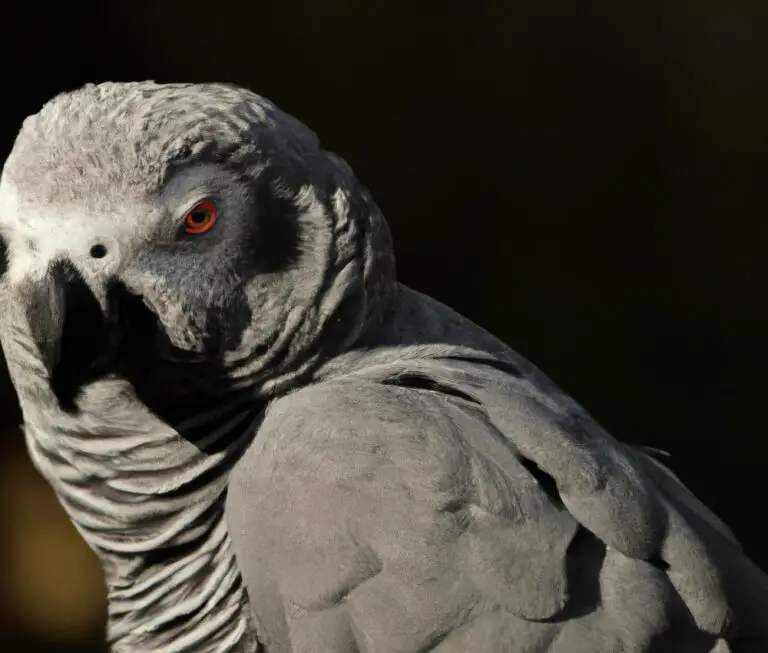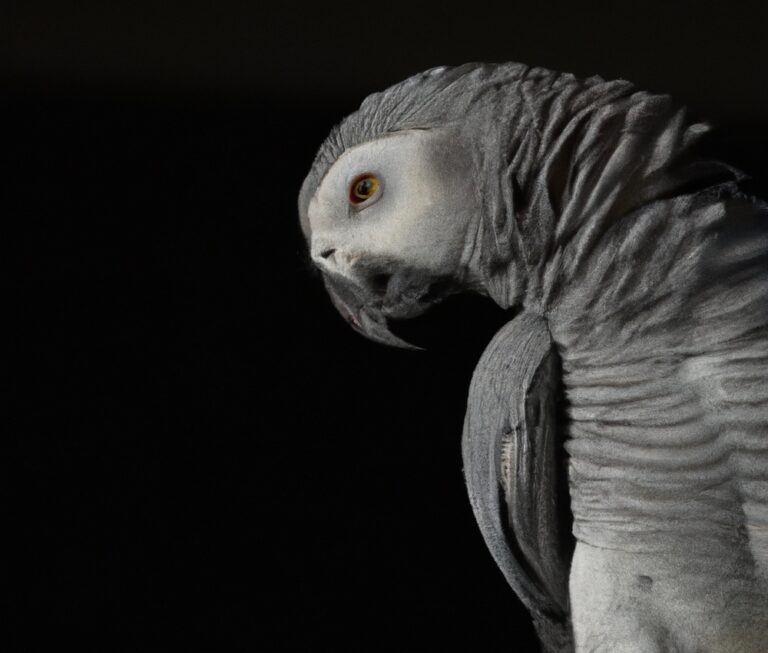Do African Grey Parrots Eat Crabs?
Key Takeaways:
- African grey parrots have been observed eating crabs in the wild.
- Crabs can provide a source of protein and essential nutrients for African grey parrots.
- Feeding crabs to African grey parrots should be done in moderation, as part of a balanced diet.
- It is important to ensure that the crabs are free from any toxins or contaminants before offering them to the parrots.
Did you know that the African grey parrot is not just a stunning and intelligent companion, but also quite the gourmet?
When it comes to their diet, these unique birds have a range of preferences.
From their natural diet in the wild to common foods for pet parrots, we’ll explore it all.
But the question that may be on your mind is, can African grey parrots eat crabs?
In this article, we’ll delve into the world of parrot nutrition to uncover whether crabs make a suitable addition to their diet.
So, if you’re curious to learn more about what these feathered friends can and cannot devour, keep reading!
| Question | Answer |
| Do African Grey Parrots eat crabs? | Yes, African Grey Parrots may eat crabs as part of their diet. |
African Grey Parrot Diet
African Grey Parrot Diet consists of a mix of fruits, vegetables, nuts, and seeds.
Natural Diet of African Grey Parrots in the Wild
In the wild, African Grey Parrots have a varied natural diet consisting of fruits, seeds, nuts, and vegetation.
They primarily feed on fruits such as figs, oil palm fruits, and baobab fruits.
They also consume a variety of seeds and nuts from different tree species.
Additionally, they may eat leaves, flowers, bark, and occasionally insects for added protein.
It’s important to replicate this diverse diet in captivity to ensure their nutritional needs are met.
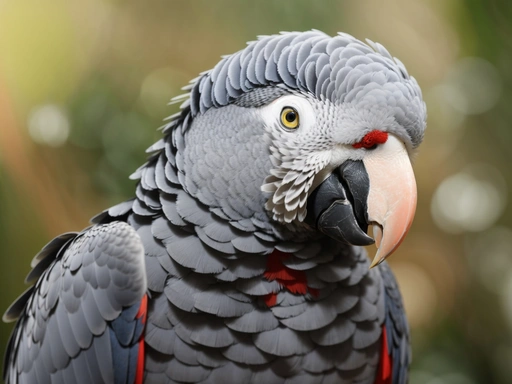
Common Foods for Pet African Grey Parrots
There are several common foods that are suitable for pet African Grey Parrots. These include:
- Pelleted diet: A high-quality, commercially available pelleted diet designed specifically for African Grey Parrots can be the foundation of their diet.
- Fresh fruits and vegetables: Offer a variety of fresh fruits and vegetables, such as apples, oranges, carrots, and leafy greens. Be sure to wash them thoroughly and remove any seeds or pits.
- Grains and legumes: Whole grains like brown rice, quinoa, and lentils can be cooked and offered as a nutritious source of carbohydrates and protein.
- Seeds and nuts: Small amounts of seeds and nuts, like sunflower seeds and almonds, can be included in their diet as a tasty treat. However, they should not make up the majority of their diet due to their high-fat content.
- Limited treats: While treats can be given occasionally, they should be limited and offered in small quantities. Avoid sugary or fatty treats as they can lead to health issues.
Feeding African Grey Parrots
Feeding African Grey Parrots is an important aspect of their care.
Nutritional Considerations for African Grey Parrots
Nutritional considerations for African Grey Parrots are essential for their overall health and well-being.
Here are a few important things to keep in mind:
- Balanced Diet: A balanced diet is crucial for African Grey Parrots. It should include a mix of fruits, vegetables, seeds, nuts, and grains to provide them with all the necessary vitamins, minerals, and nutrients.
- Variety: Offering a variety of foods ensures that your African Grey Parrot gets a wide range of nutrients. Rotate different fruits and vegetables to keep their diet interesting and prevent boredom.
- Calcium and Vitamin D: African Grey Parrots require calcium for healthy bones and eggshell production (in breeding females. Offer calcium-rich foods like broccoli, kale, and low-fat dairy products. Exposure to natural sunlight or providing a full-spectrum light can help with vitamin D synthesis.
- Avoid Toxins: Some foods can be toxic to African Grey Parrots, including chocolate, caffeine, avocado, and alcohol. It’s vital to keep these items away from your parrot’s reach to prevent any potential harm.
- Limited Fats and Sugars: While fats and sugars are a part of a healthy diet, they should be offered in moderation. High-fat and sugary treats can lead to obesity and other health problems in African Grey Parrots.
- Fresh Water: Always provide fresh, clean water for your African Grey Parrot. Change the water daily to ensure its freshness.
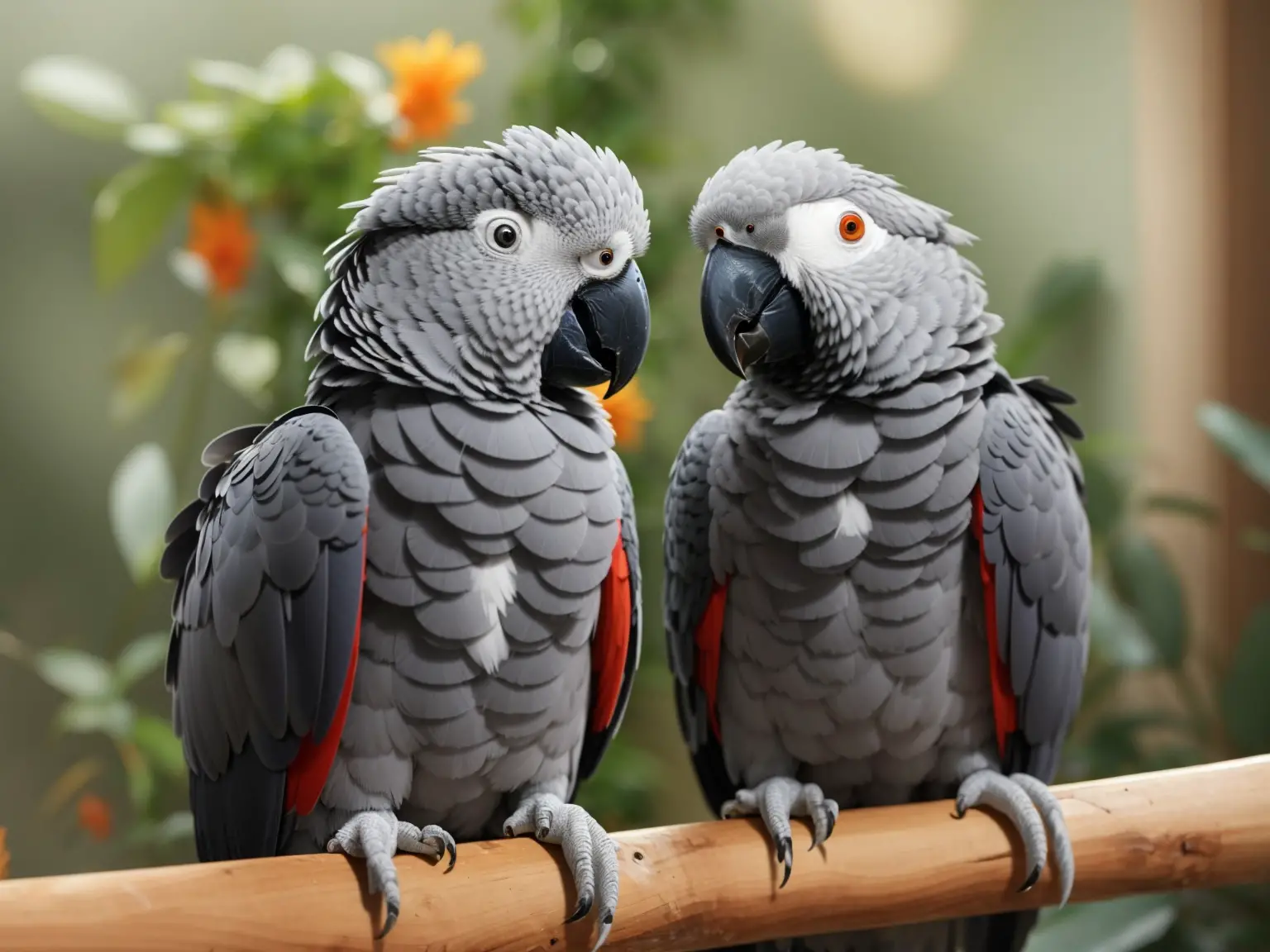
How to Introduce New Foods to African Grey Parrots
To introduce new foods to African Grey Parrots, start by offering small amounts of the new food alongside their regular diet.
Gradually increase the proportion of the new food over time.
Offer a variety of textures and flavors to keep their interest.
Be patient and persistent, as it may take some time for them to accept new foods.
Monitor their response and adjust accordingly.
Guidelines for Feeding Crabs to African Grey Parrots
Guidelines for Feeding Crabs to African Grey Parrots:
Potential Benefits and Risks of Feeding Crabs to African Grey Parrots
Feeding crabs to African Grey Parrots can provide nutritional benefits, but there are potential risks and considerations to keep in mind.
Nutritional Benefits of Feeding Crabs to African Grey Parrots
Feeding crabs to African Grey Parrots can provide several nutritional benefits. Crabs are a rich source of protein, which is essential for the growth and maintenance of the parrot’s feathers, muscles, and organs.
They also contain important vitamins and minerals such as vitamin B12, zinc, and selenium, which support the parrot’s overall health and immune system.
Additionally, crabs are a natural source of omega-3 fatty acids, which promote brain health and can contribute to a shiny and healthy plumage. However, it is important to note that crabs should be fed in moderation and as part of a balanced diet to ensure that the parrot receives all the necessary nutrients.
Other Suitable Foods for African Grey Parrots
In addition to their regular diet, African Grey Parrots can also enjoy a variety of other suitable foods.
Some examples include fruits and vegetables, as well as seeds, nuts, and grains.
Fruits and Vegetables for African Grey Parrots
African Grey Parrots can benefit from a diet that includes a variety of fruits and vegetables. Some suitable options include apples, oranges, pears, bananas, grapes, berries, carrots, sweet potatoes, broccoli, spinach, and bell peppers.
These foods provide important vitamins, minerals, and antioxidants to support the overall health of your parrot.
Make sure to introduce new foods gradually and offer them in small, bite-sized pieces.
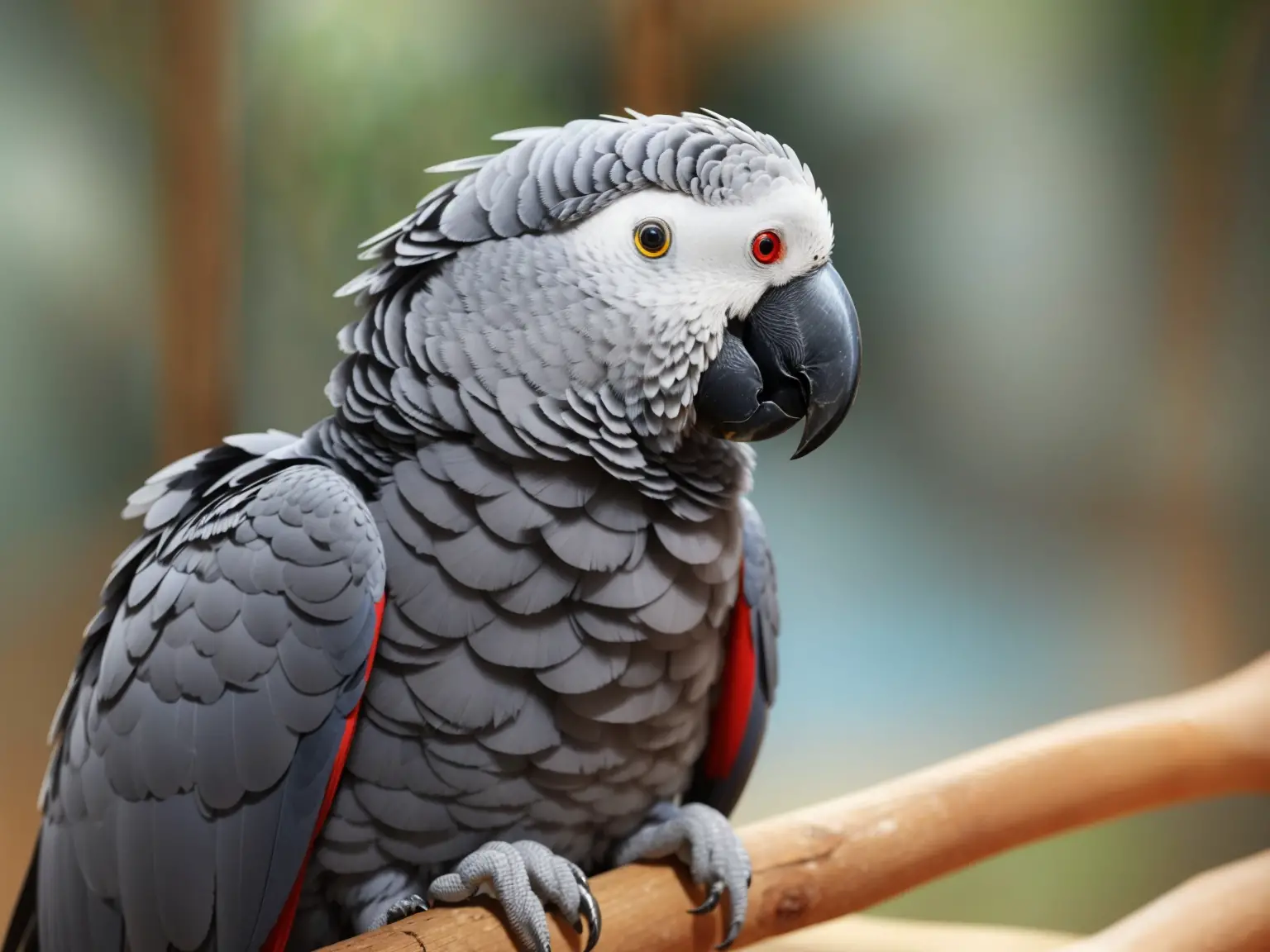
Frequently Asked Questions about African Grey Parrot Diet
Should African Grey Parrots Eat Meat?
African Grey Parrots are primarily herbivores and should not be fed a meat-based diet. Their natural diet consists of fruits, vegetables, seeds, and nuts.
While they may consume small insects or larvae in the wild, meat should not be a regular part of their diet.
Providing a balanced and varied plant-based diet is crucial for their health and wellbeing.
Final Verdict
It is clear that the natural diet of African Grey parrots in the wild consists of a variety of fruits, seeds, nuts, and grains.
While there is limited research on the specific dietary needs of African Grey parrots, it is generally recommended to provide them with a balanced and varied diet.
While crabs can be offered as an occasional treat, it is important to note the potential risks and take certain precautions, such as ensuring that the crab is cooked and free from any harmful additives.
Ultimately, consulting with an avian veterinarian and following their guidance is key to ensuring the optimal health and well-being of your African Grey parrot.

